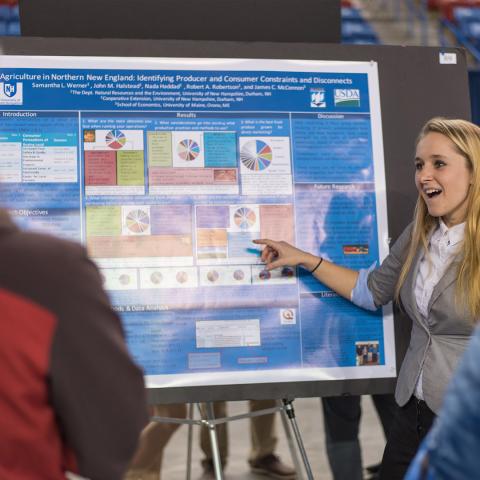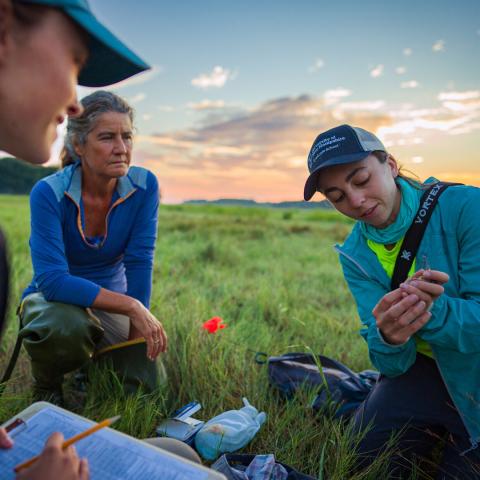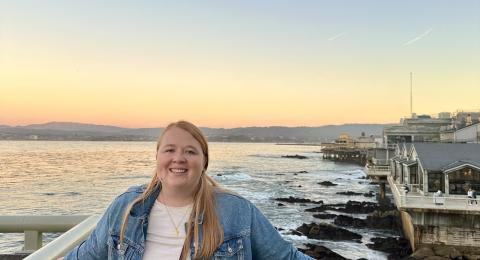Why Research at COLSA?
Explore everything from biological systems, health and nutrition, genetics and biotechnology to agriculture profitability and sustainability, marine biology, environmental sciences and economic development.
See first-hand why UNH has gained global recognition as a top-tier land, sea and space grant university.
Learn on the front lines to create your own sustainable future.
- New Hampshire Agricultural Experiment Station
- Hamel Center Research Opportunities
- Hubbard Center for Genome Studies
- New Hampshire Water Resources Research Center
- Brewing Science Laboratory
- Center of Integrated Biomedical and Bioengineering Research (CIBBR)
- Fairchild Dairy Teaching and Research Center
- Woodman Horticultural Research Farm
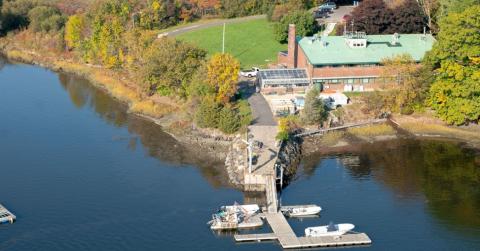
Teaching & Research Facilities
The Jackson Estuarine Laboratory (pictured) is located on the shores of Great Bay Estuary, one of the largest estuaries in northern New England.
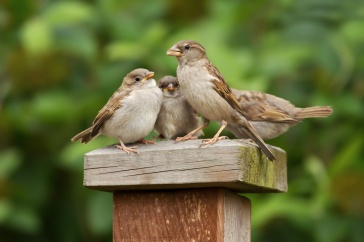
Can Birds Spread Harmful Bacteria on Dairy Farms?
Can Birds Spread Harmful Bacteria on Dairy Farms?
UNH researcher investigates whether sparrows increase dairy herd infection risks
Article

